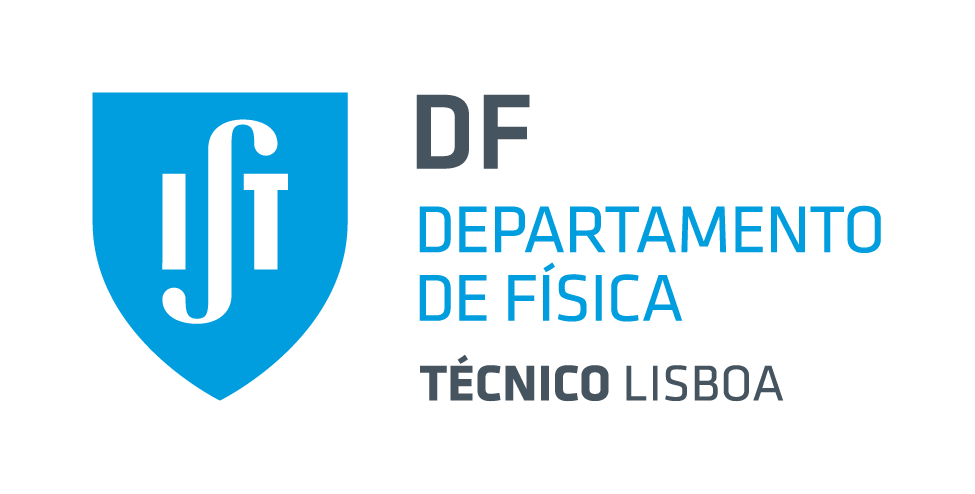Newsfrom our faculty members and students
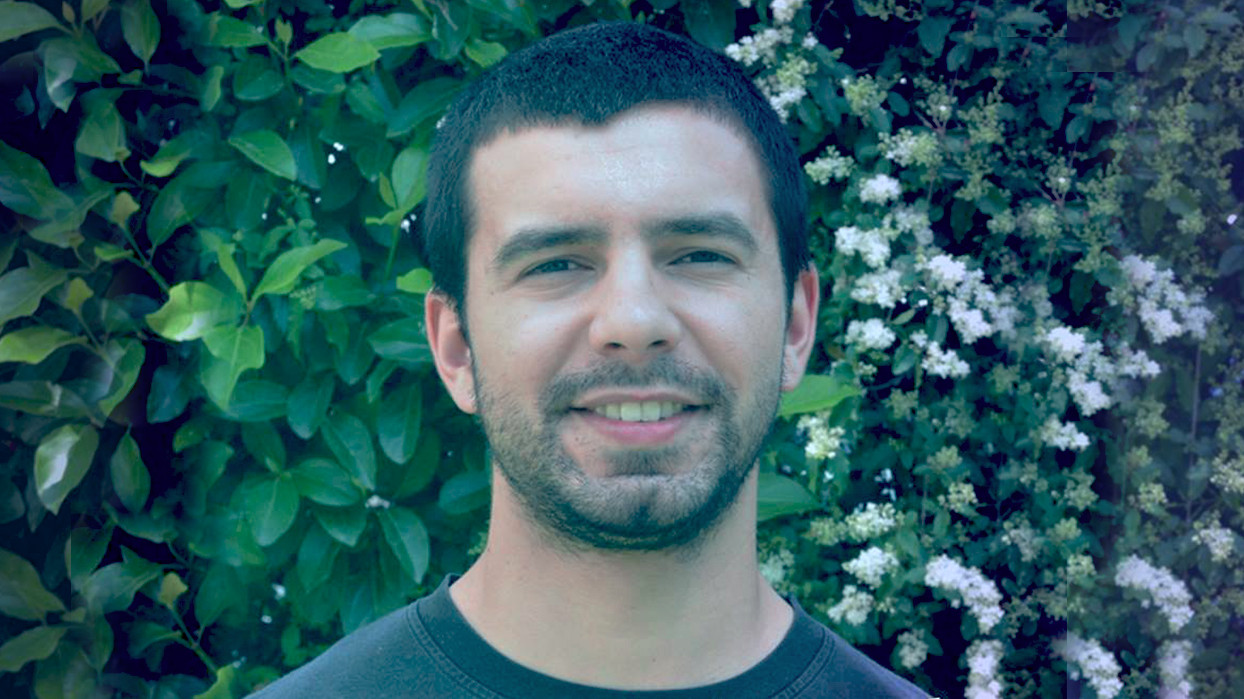
Scouting colloquium: Luís Gil, Wednesday Jan 22, 14:00 - 15:00 PA2
January 16 2025On Wednesday, January 22, from 14:00 to 15:00, in auditorium PA2, Luís Gil (Instituto de Plasmas e Fusão Nuclear, Instituto Superior Técnico, Portugal) will present a colloquium as part of the scouting process for the scientific area of Plasmas Physics, Lasers and Nuclear Fusion.
Mastering Nuclear Fusion Without Destroying the Reactor
Nuclear fusion is a promising solution to the world’s energy problems, but it still faces technical and scientific challenges. By requiring a mixture of deuterium and tritium to be heated to extreme temperatures, fusion devices must deal with hot plasmas which are prone to different instabilities that negatively affect their performance. One such instability, the edge localized mode (ELM), expels plasma in periodic bursts that lead to high transient heat loads on the walls of magnetic confinement machines. Extrapolations to large reactors show that these heat loads will destroy plasma-facing components, constituting a major obstacle in the quest for fusion energy.
My research focuses on the development and understanding of alternative scenarios without ELMs. In this talk I will present different high-confinement, no-ELM regimes, with emphasis on the EDA H-mode, which features numerous desirable qualities for future reactors. Its main signature is a benign oscillation at the plasma edge, enabling continuous and safe plasma transport as a replacement for ELMs. However, the EDA H-mode and other regimes without ELMs are not yet fully understood, so the ideal solution for a fusion reactor remains an active research topic.
We have performed several no-ELM experiments in fusion devices across the world, making use of advanced diagnostic techniques such as microwave reflectometry, and high-fidelity simulations to model and understand magnetically confined plasmas. This synergy between experimental physics, engineering and theory opens exciting opportunities for the Physics Department and IST students, which I will also present. If seized, these will make impactful advances in the field and contribute to safer operation and higher performance of future fusion reactors.
All are invited to attend
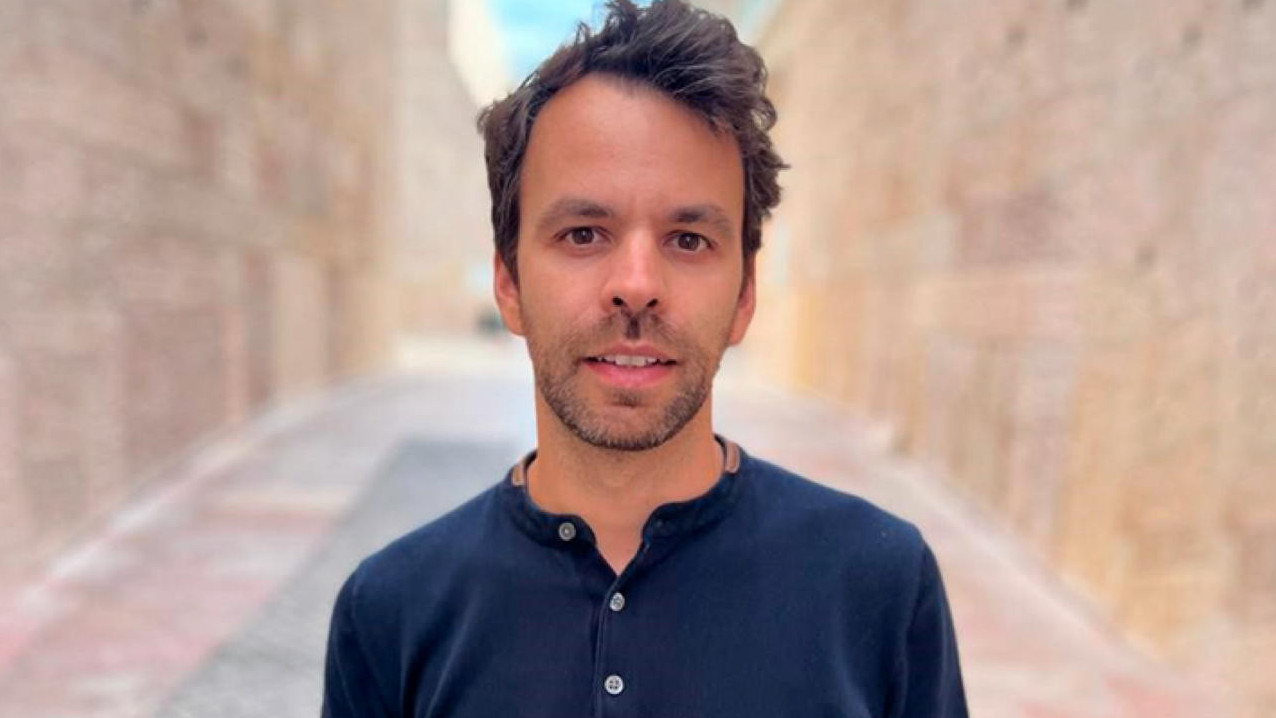
Frederico Fiuza elected as new AC Coordinator
December 27 2024On December 18, Frederico Fiuza was unanimously elected as the new Coordinator of the Scientific Area (AC) of Plasma Physics, Lasers, and Nuclear Fusion for the 2025–2026 term.
Congratulations Frederico and best wishes for your mandate !
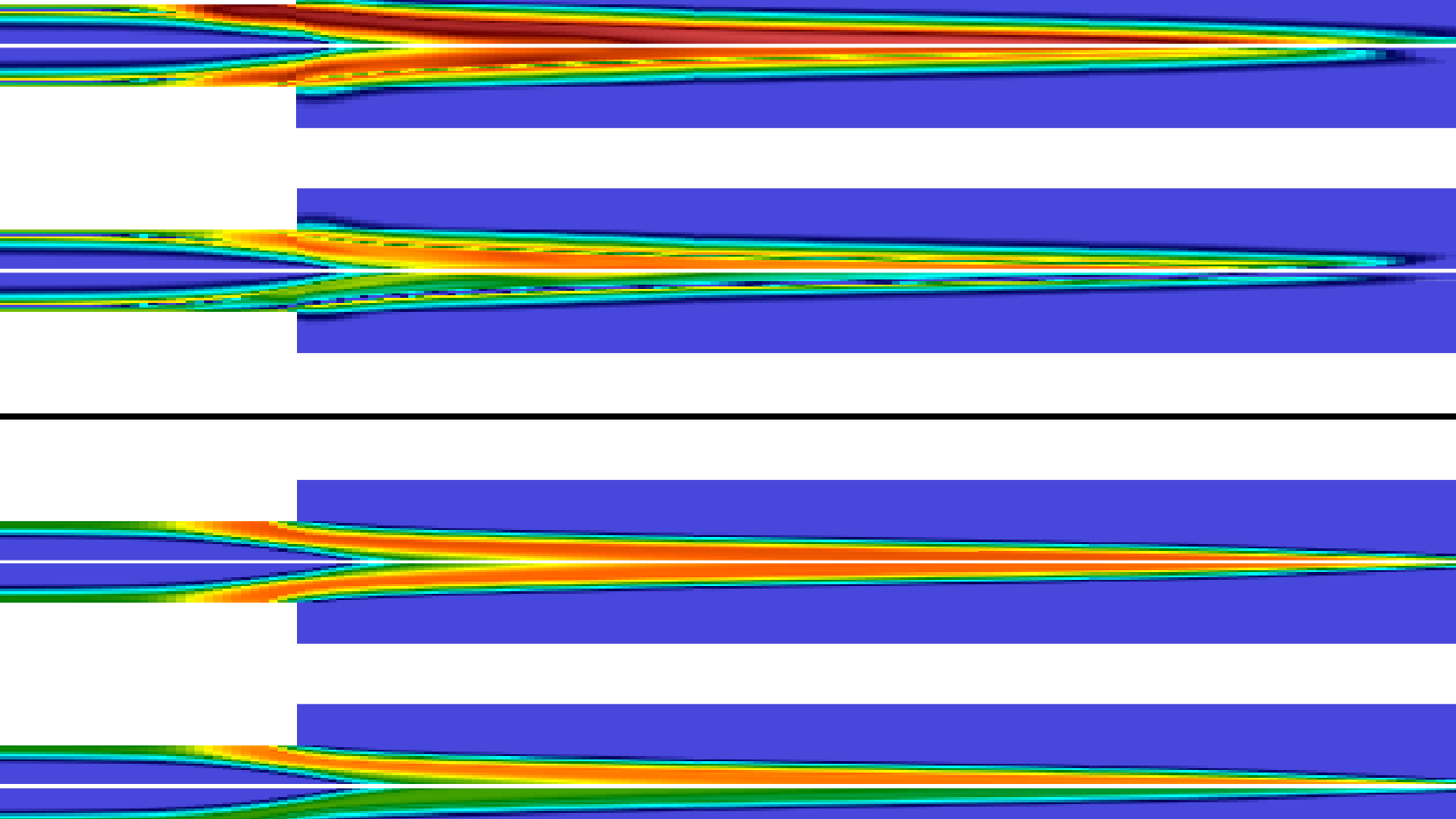
Duarte Gonçalves receives PhD in Engineering Physics
December 27 2024On 20 December 2024, Dr. Duarte Gonçalves received his PhD in Engineering Physics by IST/ULisboa and his PhD in Physics by Univ. Paris-Saclay (UPSaclay) with a co-tutored thesis entitled 'Aerodynamic study of atmospheric-pressure plasma jets'. His work was supervised by Prof. Luís Lemos Alves (IST) and Dr Stéphane Pasquiers (UPSaclay).
The thesis committee consisted of Prof. Christophe Laux (CentraleSupélec/UPSaclay, France), Prof. Stephan Reuter (Polytech. Montréal, Canada), Dr. Claire Douat (CNRS/Univ. d'Orléans, France), Dr. João Santos e Sousa (CNRS/UPSaclay, France), Prof. Mário Lino da Silva (IST), Prof. Luís L. Alves (IST), and Prof. Luís Oliveira e Silva (IST, President).
Congratulations Duarte !
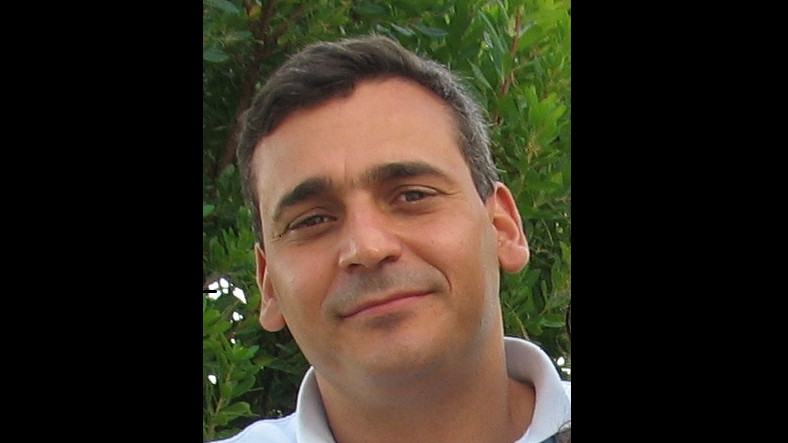
Faculty Carlos Silva delivered seminar after promotion to Coordinated Researcher
November 21 2024Carlos Silva delivered a seminar on "Flows and turbulence at the L-H transition" in the October meeting of the scientific domain of Plasma Physics, Lasers and Nuclear Fusion, after being promoted to Coordinator Researcher of the Department of Physics.
Congratulations Carlos !
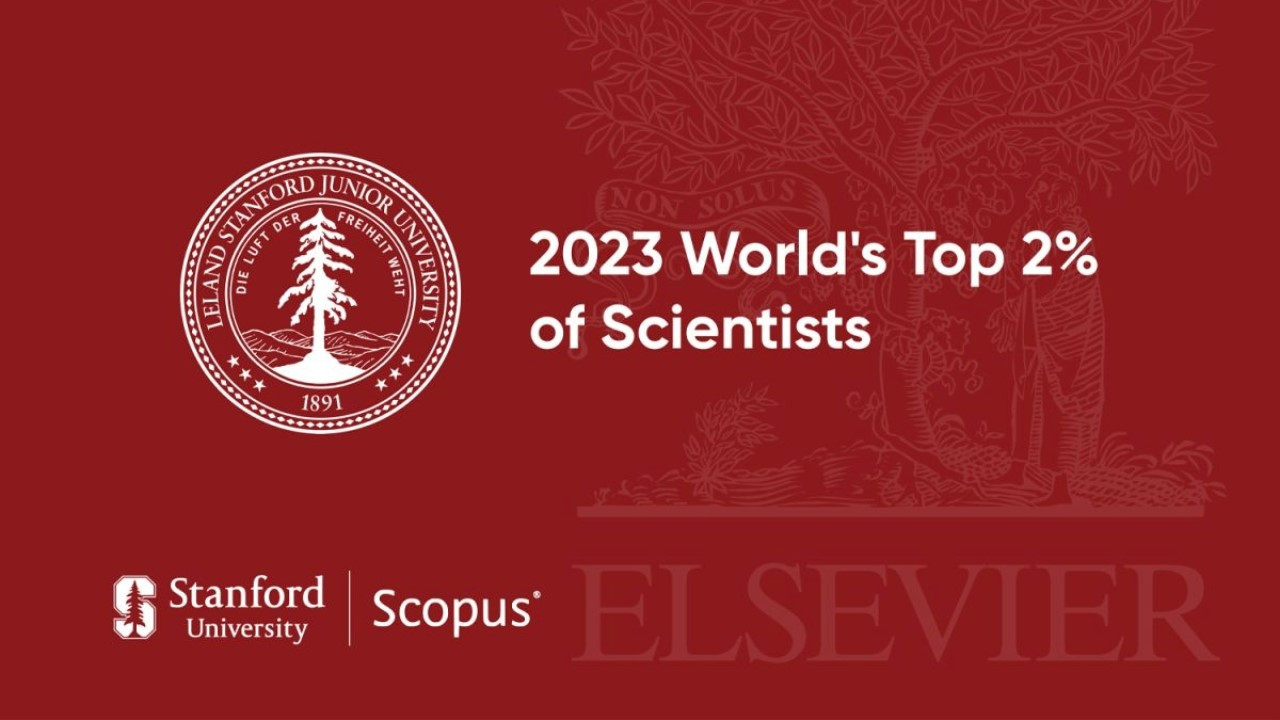
Faculty members in Stanford & Elsevier Top 2%
October 07 2024Stanford University and Elsevier released an update of the World’s Top 2% Scientists list, which includes 200,000 researchers. In total, more than 150 Técnico researchers are among the most-cited scientists in 2023 worldwide, with 2 belonging to the scientific area of Plasma Physics, Lasers and Nuclear Fusion (FPLFN): Luís Oliveira e Silva and Vasco Guerra.
Stanford and Elsevier also published the list of the 2% scientists with exceptional impact in their long-standing scientific careers, which includes 3 researchers from FPLFN: Luís Lemos Alves, Luís Oliveira e Silva and Vasco Guerra.
Detailed information is available here.
Congratulations to all!
